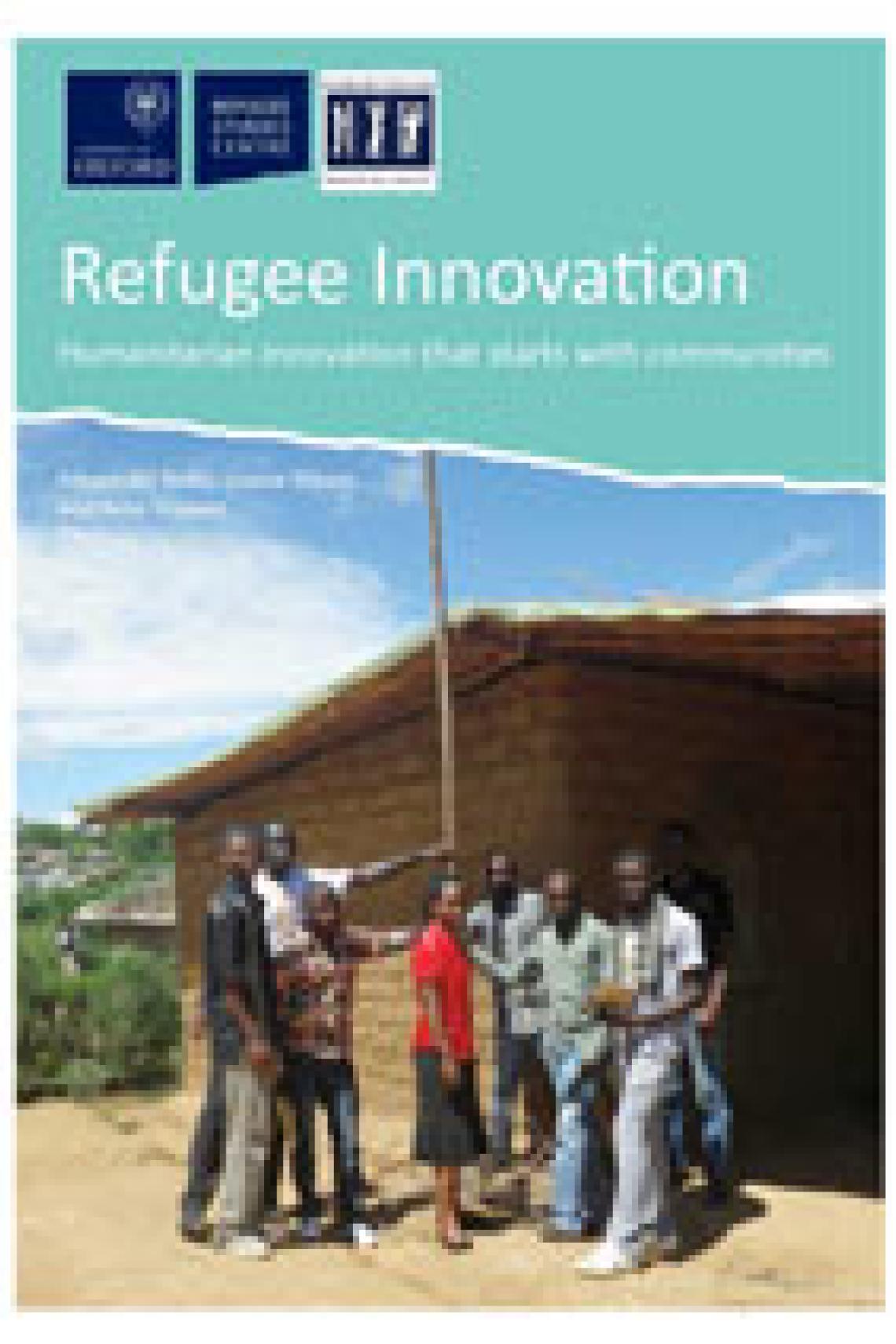New RSC Report: Refugee Innovation Contributes to Humanitarian Solutions
There is a global refugee crisis – there are nearly 60 million displaced people around the world, more than at any time since the Second World War. Creative solutions are urgently needed. Yet rarely has anyone looked at what refugees are doing to help themselves.
A new report, Refugee Innovation, published by the Refugee Studies Centre at ODID, showcases examples of refugee-led innovation from around the world. Turning constraints into opportunities, refugees are using their skills and creativity to fill gaps left by inadequate international assistance.
Funded by the World Humanitarian Summit, and based on research conducted in Jordan, South Africa, Uganda, Kenya, and the United States, the report showcases human stories of creative problem-solving and entrepreneurship.
In the Za’atari refugee camp in Jordan, home to 83,000 Syrian refugees, for example, refugees are reconfiguring the structure and lay-out of the camp and their homes in order to replicate their pre-war communities. In Johannesburg, Zimbabwean refugees are starting schools for refugees that are producing extraordinary results in high school exams. In Nairobi’s Eastleigh area, alongside refugee entrepreneurship, Eastleighwood film company has emerged, challenged Somali stereotypes.
The report uses the concept of 'bottom-up innovation' to highlight the various ways in which refugees, displaced persons, and others in crisis situations innovate and engage in creative problem-solving as individuals. Even in the most challenging of environments, people are able to draw upon their skill-sets in order to adapt to difficult circumstances.
The report has far-reaching implications for humanitarian practice. It shows how rather than relying upon aid hand-outs, refugees might better be assisted by supporting their own creative solutions. This involves providing an enabling environment within which refugees have better access to the internet, microfinance, education, entrepreneurship training, and basic infrastructure.
'There has been an emerging trend in the humanitarian sector towards using the language of innovation,' said Professor Alexander Betts, Director of the RSC and a co-author of the report:. 'Generally, though, it has focused on how to improve organisational responses. This is important but these "top-down" approaches sometimes risk marginalising the creativity and "bottom-up" innovation of crisis affected communities themselves.'
'In this report, we have tried to showcase examples of how refugees and displaced people innovate in their daily lives. Through examples from Uganda, Kenya, Jordan, South Africa and the United States, we highlight the ways in which refugees often turn constraints into opportunities for themselves and others. This, we suggest, has major implications for how we think about humanitarian assistance.'

